I completely agree. In my memory the third panel doesn’t exist.
coyotino [he/him]
i should be gripping rat
- 171 Posts
- 595 Comments

 40·2 days ago
40·2 days agoThe three patents—all filed in Japan between May and July 2024—draw similarities between Palworld and 2022’s 2022’s Pokémon Legends: Arceus specifically. Their descriptions concern game mechanics like “riding an object” or throwing a ball to capture and possess a character in virtual spaces.
Wait…so the patents didn’t even exist when Palworld was released into EA? or am I missing something?

 9·3 days ago
9·3 days agoThat’s what has kept my partner on x. They also go on way less frequently than they used to, but there’s still some fandom stuff that is only there.

 14·3 days ago
14·3 days agoParadox posted this the other day: https://www.paradoxinteractive.com/games/cities-skylines-ii/news/traffic-breach-statement
I think it’s just called “Traffic”? It’s still early days for CS2 mods, not that weird for a mod to have such a generic name.

 3·6 days ago
3·6 days agoit’s the new gaming king! Still riding high on my 5800X3D personally, that was a GOAT purchase. I know the AM5 counterparts are beating it out on all the charts, but videos like this highlight how it is still better than the majority of CPUs when it comes to gaming performance.

 3·6 days ago
3·6 days agolike what was the tech that caused such a leap? They talk about how they switched up the x3D cache configuration - it used to be stacked above the main part of the chip with some sort of insulation in between, but they found a way to remove the insulation and put the 3D cache on the underside of the chip. I’m no expert and i watched the video yesterday, so sorry if that explanation isn’t clear. Effectively, they found a way to bring the 3D cache “closer” to the cores, which shortens the time it takes for the cores to communicate with the cache.

 26·7 days ago
26·7 days agocan we PLEASE get a new leftist party going in the US now? The Dems have proven for like 6 cycles now that they do not have the juice to get it done. Even when they win, they underperform expectations and then sit on their thumbs instead of actually doing anything for the American people besides the most basic infrastructural shit. Players like Lina Khan are the exception.

 18·7 days ago
18·7 days agoi suspect it has more to do with the fact that she supported genocide against Arabs abroad, and she needed Arab-Americans to win this election.

 18·7 days ago
18·7 days agoblame Harris. The voters told her they would stay home if she didn’t denounce genocide. She continued to ignore them and support genocide, so voters stayed home. The voters literally told her what to do to win and she didn’t do it.

 5·12 days ago
5·12 days agoi know the kids hate all that genocide that i’m doing and planning on continuing to do, but maybe i can win them to my side if i make fortnite boring?

 11·12 days ago
11·12 days agoBig brains over there in the Kremlin

 4·20 days ago
4·20 days agouhhh…why is this in Gaming? I’m all for discussing the new DB, but i think this should land in Entertainment, no?

 7·21 days ago
7·21 days agosounds about right from my personal experience. 40% of devs actually go out of their way to carefully design the lighting around it, and tweak lighting resolutions to get acceptable frame rates. the other 60% throw it in for marketing.
Edit: alright i have watched this video more and have more detailed thoughts. Many are pointing out that HUB used somewhat cherry-picked samples in this case, and they have a history of presenting RT in an unfavorable light (no pun intended). Now that I am thinking about it, I can see that a few of their samples are cases where the RT lighting produces softer, more realistic shadows or reflections, but Steve says the non-RT image looks better because the shadows or reflections look “sharper”. Idk, they weren’t that egregious, but it does give a weird vibe.
Regardless, I hope people don’t look at this and go “wow I guess RT is pointless then!”. The title of the vid suggests that we’ve had 6 years of RT with little to show for it, but I think I disagree. Part of the problem is that AAA game dev times are LOOOOONG, and devs are using engines from before the RT renaissance that they are comfortable with using. Accordingly, they stick with lighting techniques that they are familiar with, rather than trying to learn a new workflow. Combine that with the fact that the majority of gamers are still using last-gen consoles or 1080ti’s, and so devs have to use the old method of lighting to ensure that they can reach a viable audience. In that case, RT is a bonus feature that requires extra work on top of building the pre-baked lighting model.
We’re starting to see more UE5 games with “software” RT from Lumen, and these look great and can run smoothly on current-gen consoles. But even if the difference can be hard to see, the point is that RT lighting lets devs automate lighting in a lot of cases where previously they had to hand-place every lighting source. So moving to an RT future will mean that dev costs will go down, and smaller teams will be able to produce more visually-stunning games. It’s just that we’re in this weird limbo right now, where devs don’t want to go to only RT because a majority of gamers won’t be able to play the game, but gamers don’t want to get next-gen consoles because to their eyes, the graphics look basically the same. And of course they do, because devs are destroying themselves to make the pre-baked lighting look almost as good as RT.

 8·27 days ago
8·27 days agoGoogle takes the nuclear option

 19·28 days ago
19·28 days agoSame reason emulators are allowed. As long as the emulator doesn’t use Nintendo’s literal software/hardware or schematics, and as long as the emulator doesn’t traffic in illegal file-sharing, it is allowed. Or at least, it exists in a legal grey area. And Analogue’s pitch is original hardware, essentially rebuilt from scratch using FPGA technology. You still need actual Nintendo 64 carts to use this device. Or at least, that is how it is marketed.
I think the recent emulator shutdowns by Nintendo were more about software piracy. The devs knew that their emulators were being used to play unreleased Nintendo games. The emulators themselves may have been safe and legal, but the devs are mostly just volunteers, or small time operations running on a patreon. As soon as Nintendo applied even the smallest amount of pressure, the devs caved, because they don’t want to spend their entire life savings and then some trying to defend software piracy on principle. Me thinks that Analogue would actually put up a fight if Nintendo tried anything, and that’s why Nintendo doesn’t try anything.

 4·29 days ago
4·29 days agoDo you think Square will be more or less anal about copyright on Final Fantasy music after Uematsu retires?
Two comments on this post. One about how Sonic will lead the Skynet resistance, and one asking for help from Skynet to make this picture even cooler.

 4·1 month ago
4·1 month agoYou never know with Nintendo. Don’t forget that Mario lives in a world where humans look like this:
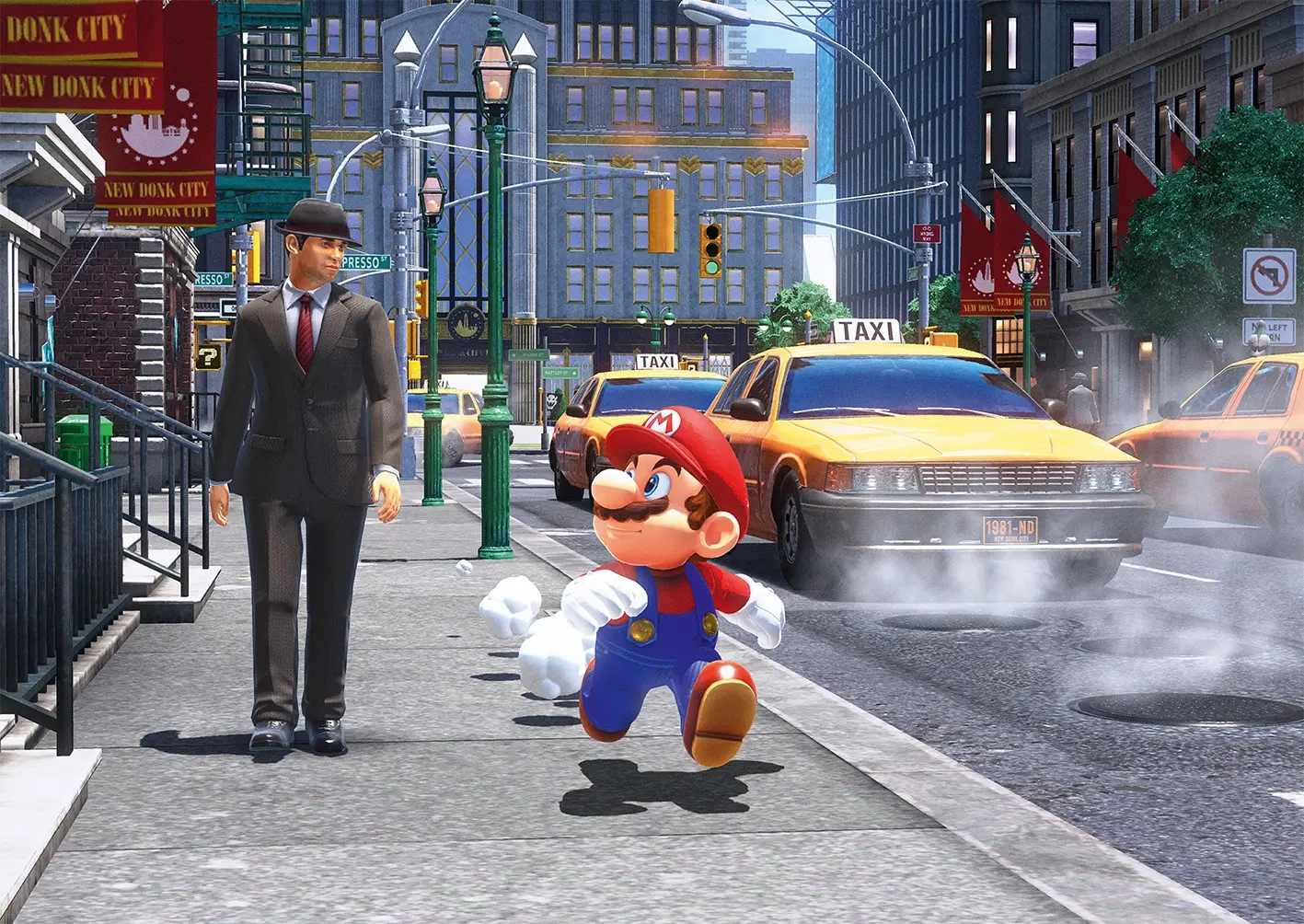
So then…what is Mario?

 7·1 month ago
7·1 month agohow tf there only 2 comments in this thread? Y’all this is SILENT HILL TWO and it’s scoring WELL I guess my reason is horror games aren’t really my cup of tea. but this is a BIG DEAL!
Edit: here’s a key passage from the Eurogamer review that is hype:
The original game was both combat-light and a little short, and Bloober has addressed both these issues head-on. For the latter, the remake has opened up a slew of new landmarks for us to explore, so I devoted a lot of time picking through the streets of Silent Hill, revelling in the new-found freedom of being able to visit shops and buildings that had hitherto been out of bounds for us. This, coupled with longer levels and more places to visit, more than doubles the original eight-ish hour run-time.
As for combat? Well, be careful what you wish for, I guess. Silent Hill 2 was outrageously easy, even on its hardest difficulty, and Bloober’s edition is not. The good news is Remake doesn’t exactly make combat central to the experience (at least, not on standard difficulty). But it sure does make it harder to adopt the typical survival horror strat of run-away-run-away-run-away. Because of its claustrophobic tight spaces and nooks and crannies, it’s incredibly difficult to retreat from a fight, and there is essentially no meaningful way to stealth around the place, either. On top of that, most boss battles - they are all here, as well as a surprise or two - will deplete your ammo reserves with ruthless efficiency. It’s also often tough to finish off foes without taking damage yourself as a result, burning through your ever-dwindling medical supplies. (Yes, Lying Figures spewing toxic vomit in your death throes - I’m looking at you.)
They took a legendary game and made it better. Props to Bloober team, guess they still got it.
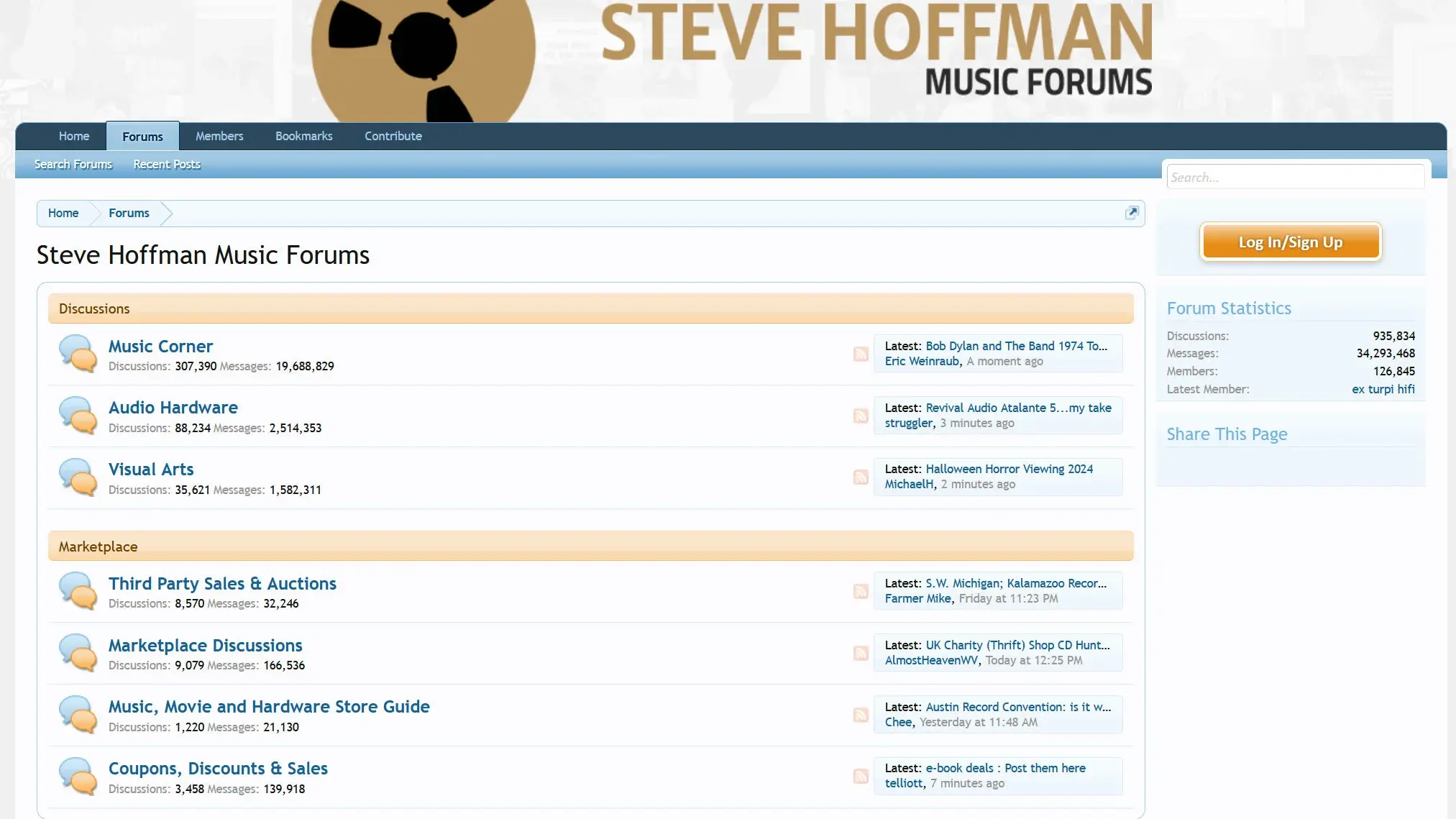
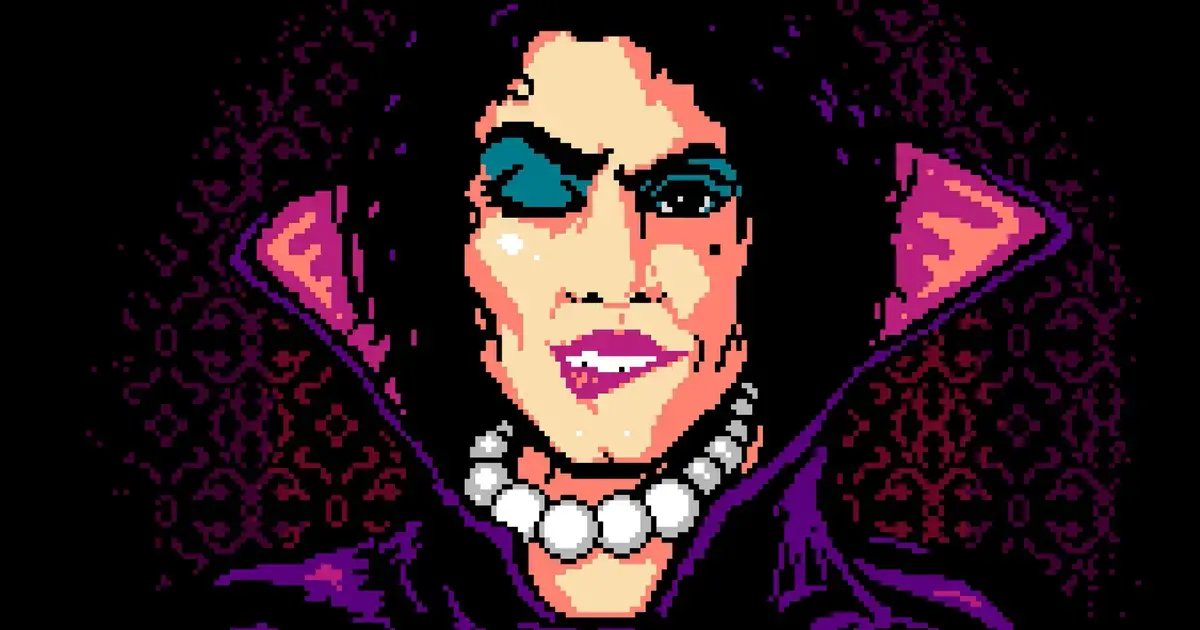
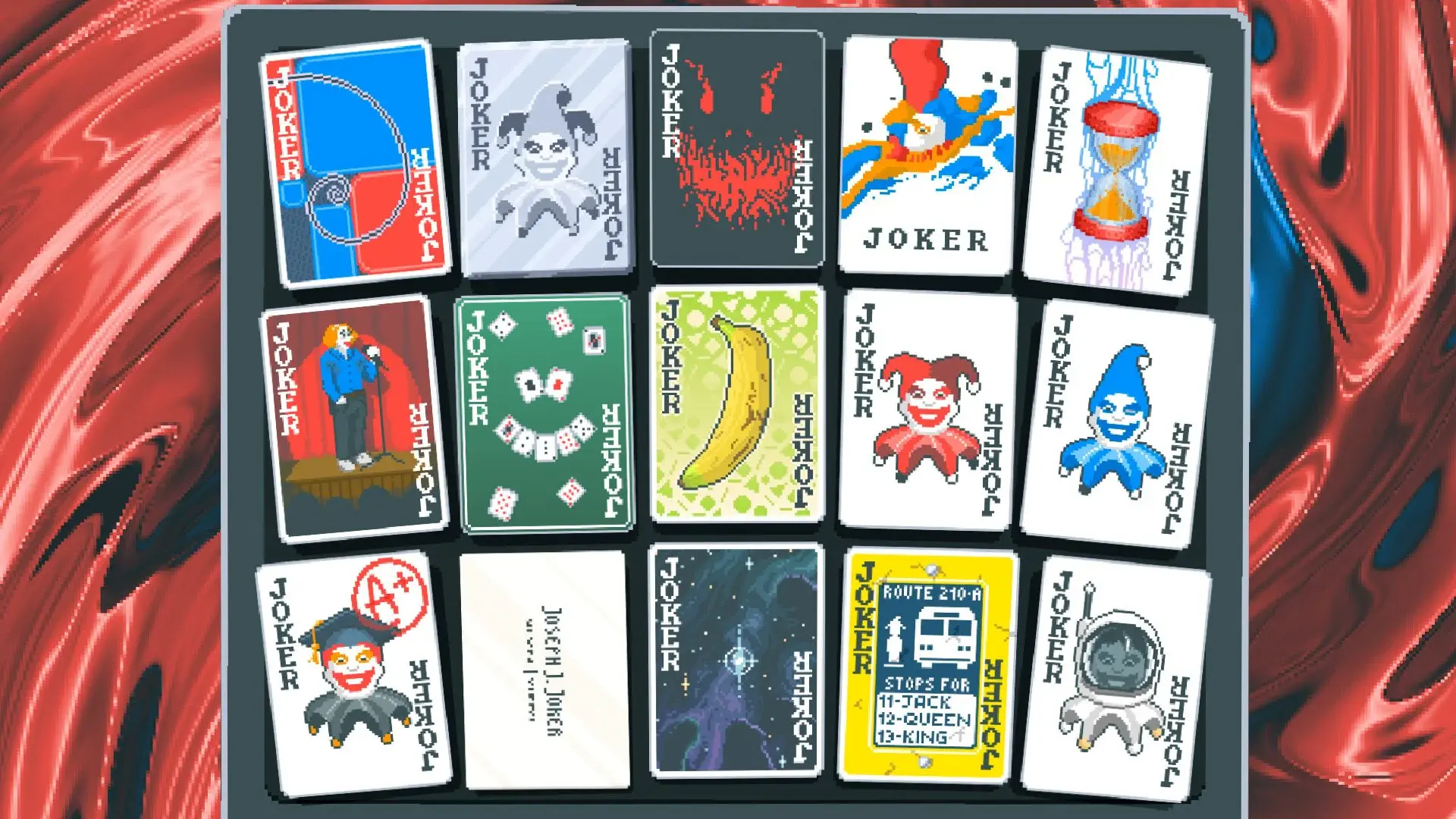


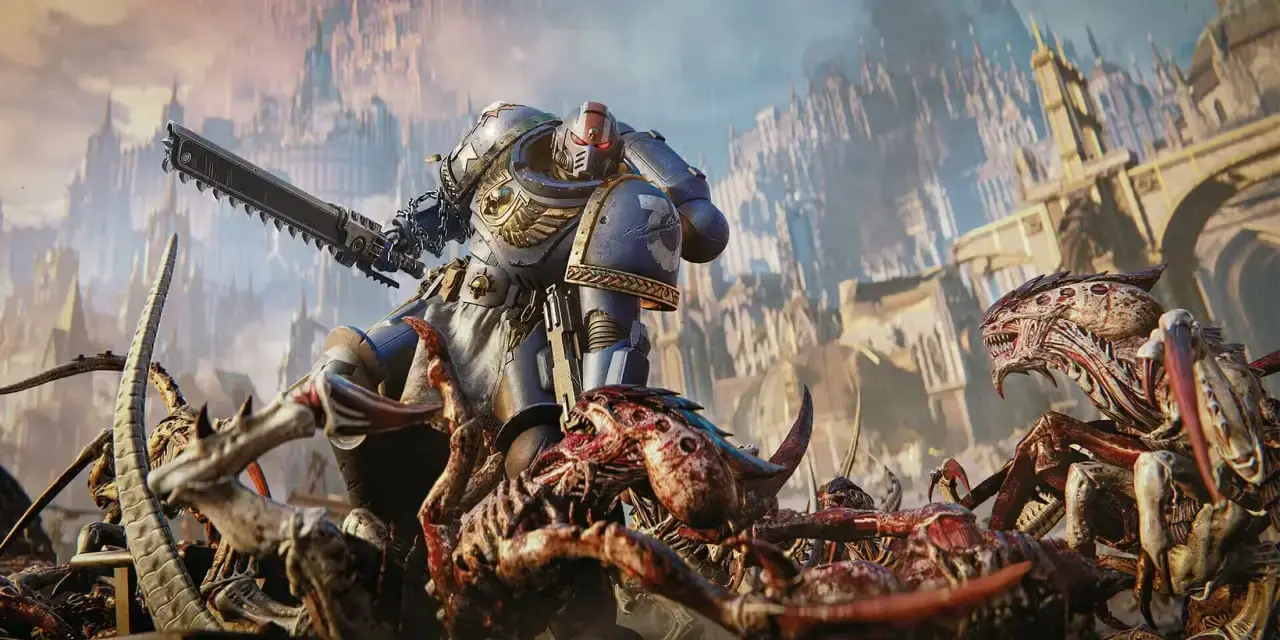
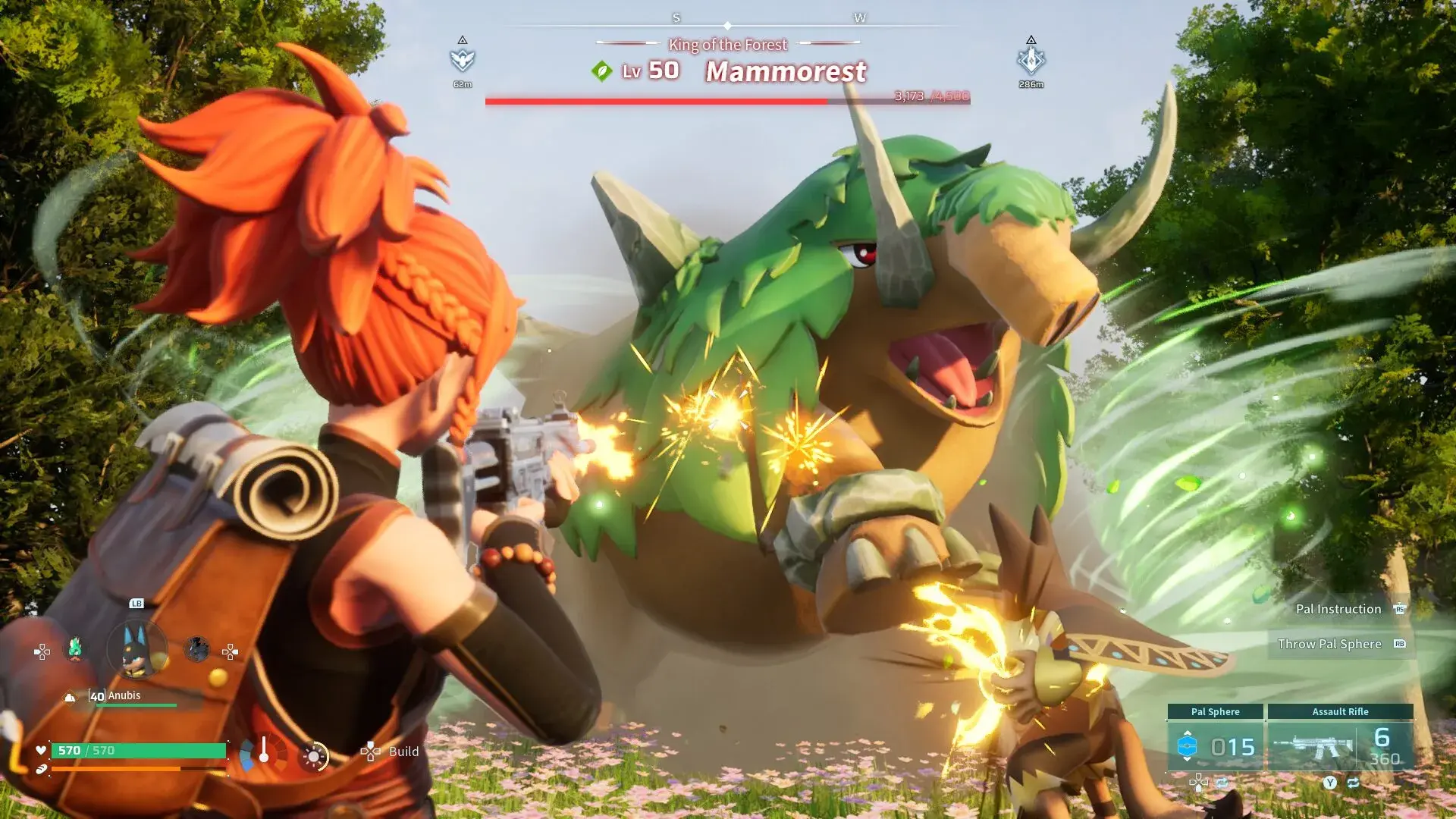
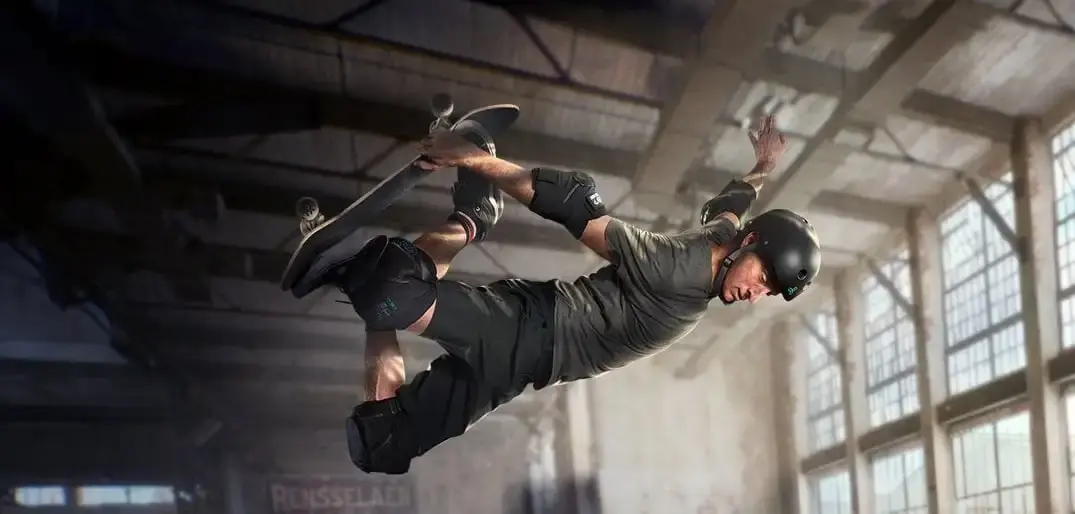
Counterpoint: both of those ideas being patented meant no competitor could use them while the ideas were relevant. And in both cases, the patenting company made like one promising example of the patented idea and then barely used it after that. Wouldn’t it have been better for consumers if we could have had loading screen minigames back when long loading screens were still relevant?